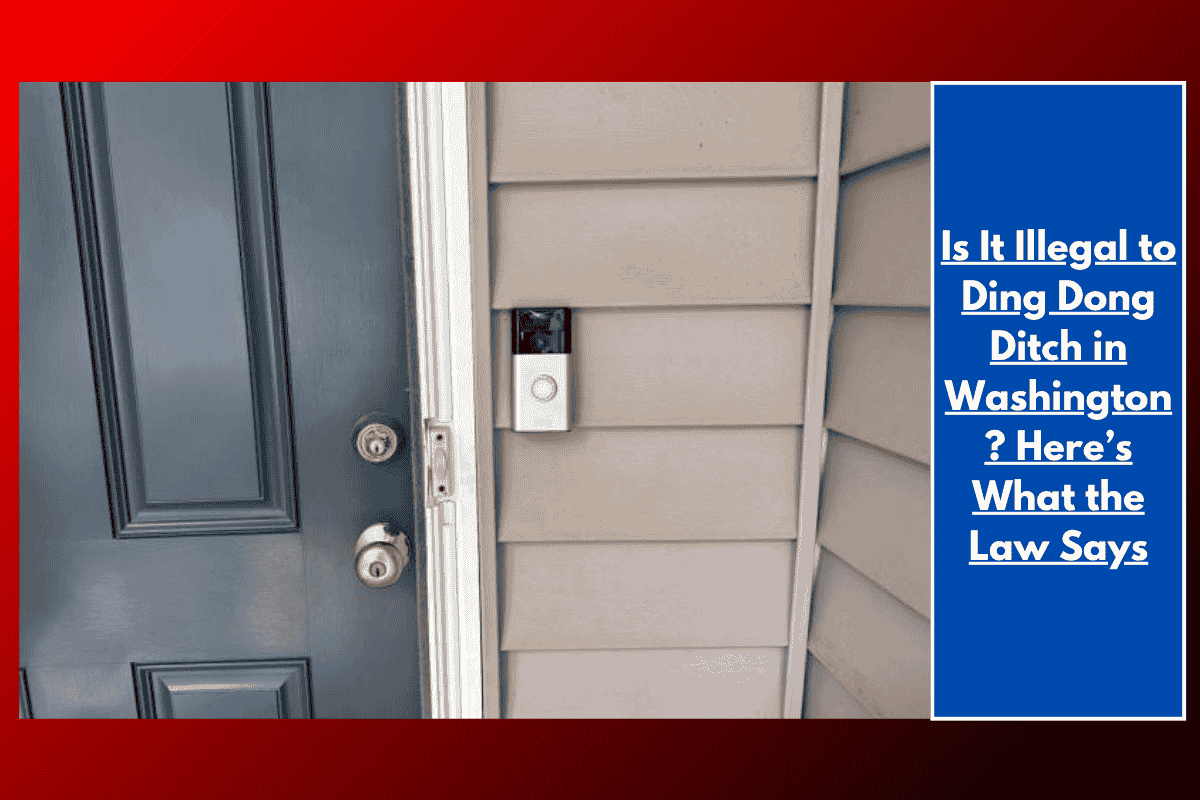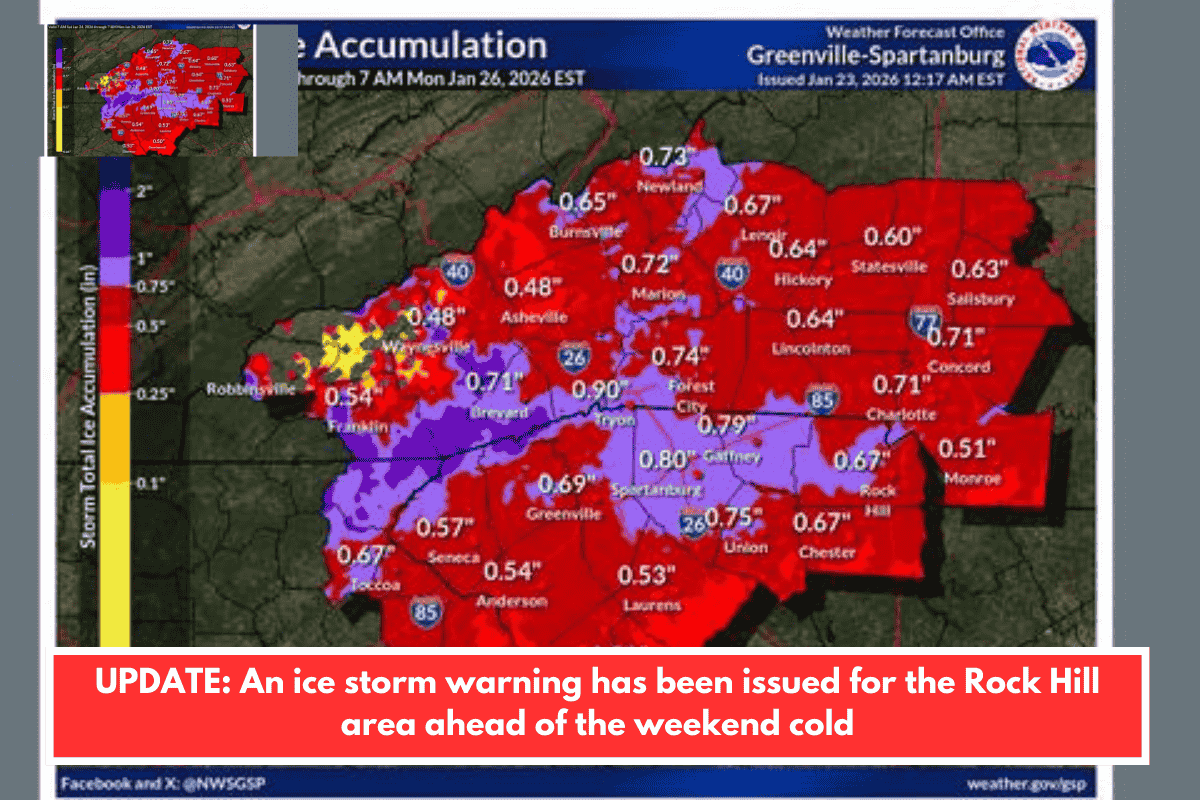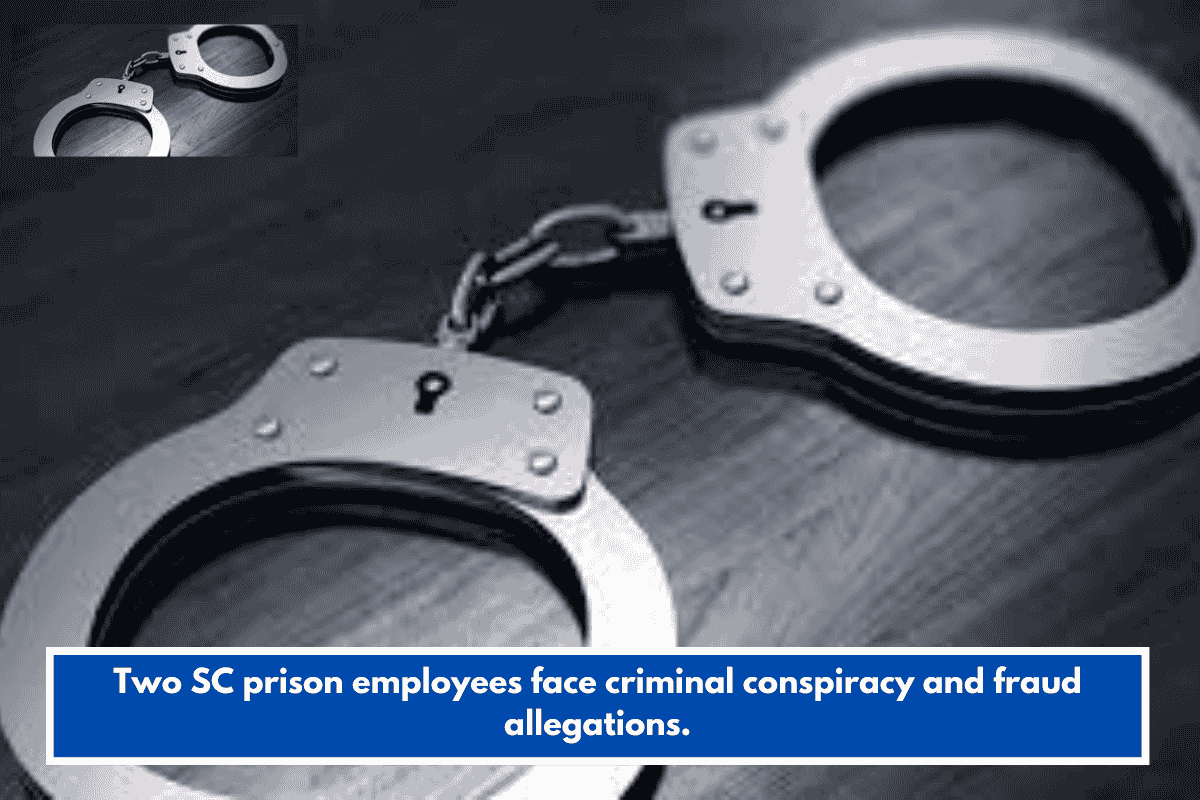Ding dong ditch, the classic prank where someone rings a doorbell and then runs away before the homeowner can answer, is a popular but often frustrating game. While it may seem harmless, it can lead to legal trouble, especially if it causes distress to others or violates local laws. If you’re thinking about playing ding dong ditch in Washington, it’s important to understand the legal implications.
What is Ding Dong Ditch?
Ding dong ditch, also known as “knock knock ginger,” involves ringing a doorbell and running away before the resident can open the door. While this prank is often seen as playful or innocent by those who participate in it, it can sometimes be more disruptive than anticipated.
Is Ding Dong Ditch Illegal in Washington?
In Washington State, ding dong ditch can potentially lead to legal consequences, depending on the circumstances. While there is no specific state law that directly addresses ding dong ditch, several laws can apply to this behavior, making it potentially illegal under certain conditions. Here are the most relevant legal issues to consider:
1. Harassment and Disorderly Conduct
Ding dong ditch can be considered disorderly conduct or harassment if it causes significant disturbance or distress. Under Washington State law, harassment is defined as actions intended to harm, intimidate, or disturb another person. If the prank involves repeatedly ringing someone’s doorbell or creating a nuisance, the person carrying out the prank could face charges of harassment.
For example, if someone repeatedly rings a doorbell late at night, preventing the homeowner from sleeping, or if the homeowner feels threatened by the behavior, this could escalate into a harassment charge.
Disorderly conduct is another charge that could apply, particularly if the behavior disrupts public peace or causes annoyance. In Washington, disorderly conduct includes “making unreasonable noise” or “disturbing the peace,” which could easily apply to the loud doorbell rings associated with ding dong ditch.
2. Trespassing
If the prankster steps onto someone’s property to ring the doorbell and causes damage (such as breaking a flowerpot or damaging the door), this could lead to a charge of trespassing. Washington law considers it trespassing when someone enters or remains on another person’s property without permission, even if they don’t intend to cause damage.
While simply ringing a doorbell and running away may not typically lead to trespassing charges, if the person commits other actions that cause damage to the property or crosses into restricted areas (such as a fenced yard), it could result in trespassing charges.
3. Vandalism
In some cases, ding dong ditch could lead to vandalism charges. If a prankster not only rings the doorbell but also damages the homeowner’s property (e.g., knocking over a mailbox or spray-painting the door), they could be charged with vandalism. Vandalism is the willful destruction of property, and even small acts of damage during a prank can result in criminal charges.
4. Intent to Cause Harm
If the prankster’s actions are intended to cause emotional distress or to harm the homeowner in some way, they could face legal consequences. Washington’s criminal code allows charges for intentional harm or harassment if the behavior creates a serious emotional disturbance.
Potential Consequences
If you engage in ding dong ditch in Washington, there can be various legal consequences, depending on the severity of the prank. Some of the potential penalties include:
Fines: For minor offenses like disorderly conduct or trespassing, individuals may face fines or be required to pay restitution if any property is damaged.
Criminal Charges: If the prank escalates into harassment, vandalism, or trespassing, the individual could face misdemeanor or felony charges. Harassment and vandalism can lead to criminal records, community service, or even jail time in extreme cases.
Civil Liability: In addition to criminal charges, you could be held civilly liable for damages. If your prank causes damage to someone’s property or leads to emotional distress, the homeowner may file a civil lawsuit seeking compensation for any losses.
Is It Ever Safe to Play Ding Dong Ditch?
While ding dong ditch is typically a harmless prank, it can quickly cross the line into behavior that could cause harm, annoyance, or legal trouble. If you choose to play this prank in Washington, it’s important to keep the following in mind:
Respect Privacy and Boundaries: Avoid causing distress to homeowners by limiting your prank to times when it’s less likely to cause serious disturbance, like late at night or in areas with less foot traffic.
Avoid Damage: Make sure you’re not damaging anyone’s property. Refrain from knocking over items or interfering with the property in any way.
Think About the Impact: Consider how your actions could affect others, especially vulnerable individuals like the elderly or those with anxiety. What might seem like a harmless joke could cause real stress to someone else.
In Washington, ding dong ditch isn’t explicitly illegal, but it could lead to legal consequences if it causes harassment, disorderly conduct, trespassing, or damage to property. It’s important to think about the potential impacts of the prank on others and avoid causing harm. While the prank may seem lighthearted, it could quickly escalate into something that results in criminal or civil liability.
If you decide to engage in a prank, remember to be respectful of others’ privacy, avoid disrupting their peace, and never damage property. A fun joke shouldn’t lead to legal trouble!
SOURCES
[1] https://keyw.com/ding-dong-ditching-a-prank-or-a-crime-in-washington-state/
[2] https://www.pumphreylawfirm.com/blog/is-ding-dong-ditching-as-harmless-as-pranksters-think/
[3] https://www.youtube.com/watch?v=3HNAW1IJ4DE
[4] https://app.leg.wa.gov/rcw/default.aspx?cite=9a.52
[5] https://www.lawlegalhub.com/is-it-illegal-to-ding-dong-ditch/














